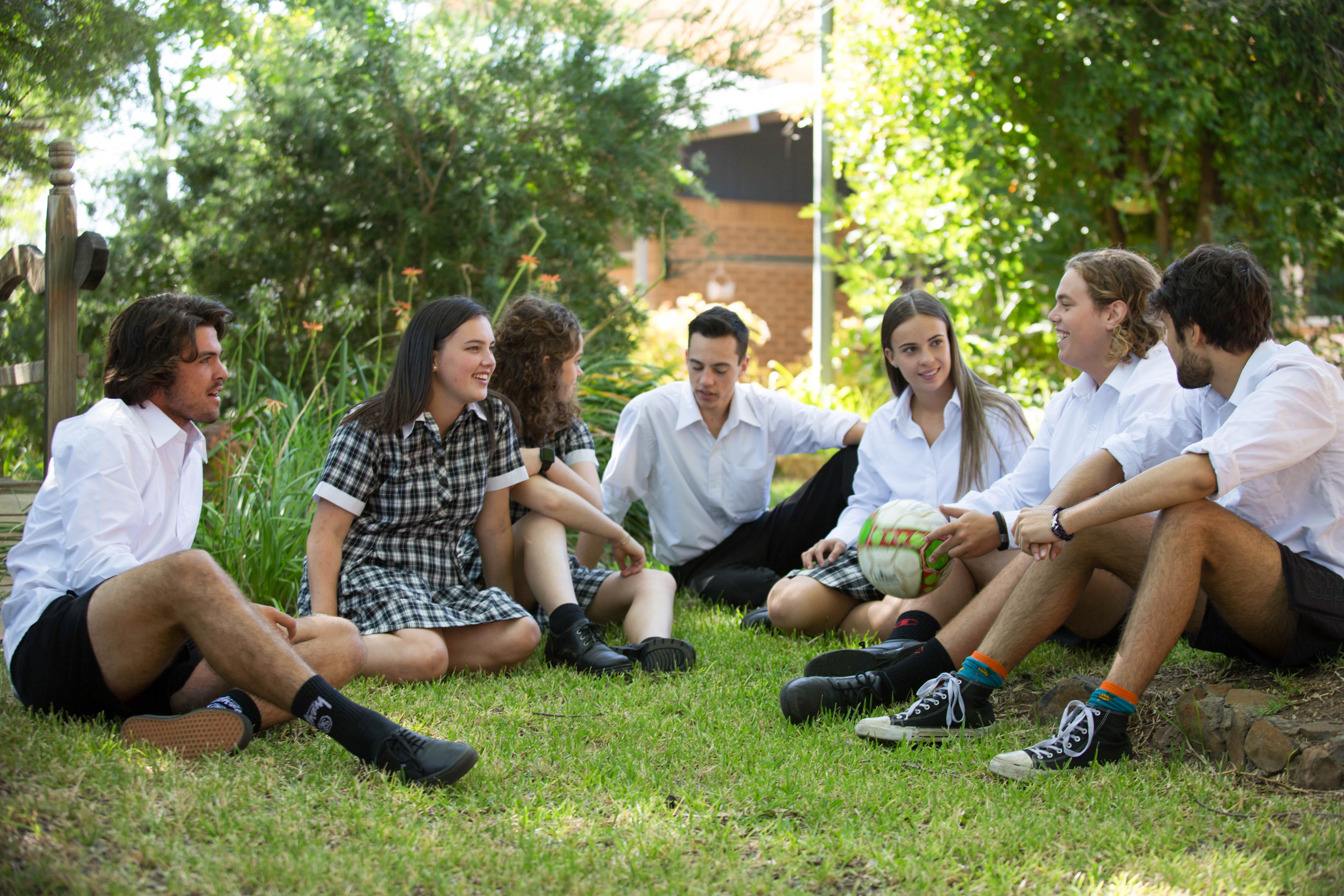On this page
Download this Fact Sheet:
Fact Sheet: Supporting social development (3.1 MB, PDF)
How can educators support social development?
Being sensitive to individual differences can help educators identify opportunities and skills appropriate to the social development of each child or young person and put targeted support in place as required.
Read more about what social development looks like in children and young people.
Set the tone for positive, supportive relationships
To encourage healthy social skills development, it’s helpful for children and young people to form social bonds with positive role models including family members and educators. For this reason, it’s important that social relationships in the learning community reflect healthy values of respect and care. Educators can build a welcoming and warm learning community by demonstrating respect, listening skills and positive expectations about respectful and caring behaviour.
Use everyday interactions as learning opportunities
Social skills take many forms, including understanding and listening to others, respecting differences, communicating effectively and problem- solving. Educators can provide coaching and teaching to help children and young people to think about and solve day-to-day social difficulties they may encounter. Where possible, support problem- solving without taking over. Ask questions in a supportive way to help children and young people think through situations and encourage them to take others’ feelings and perspectives into account.
Promote deeper thinking
By discussing ethical issues and listening to a range of views, children and young people can build awareness and understanding of diversity. Creating an environment where children and young people feel safe can assist them to state their opinions and reasons.
Communicate effectively
Encourage children and young people to use effective verbal and non-verbal communication skills while interacting within the learning community.
Demonstrate the use of appropriate body language and posture, eye contact and tone of voice. Provide children and young people with practice opportunities to try out these skills for themselves. Take into consideration individual needs and any cultural differences in communication.
Appreciate social and cultural diversity
Education helps children and young people develop awareness of the diversity present in the world. Find out about the social and cultural backgrounds and values of children, young people and their families. Look for ways you may be able to include their needs and perspectives.
Be open to adjusting your style of teaching and communication and ensure common classroom practices are clear and appropriate for everyone. Create opportunities to include different perspectives – encourage children and young people to explore, take on different roles and appreciate the differences.
Deal promptly with discrimination, bullying and harassment
Teach children and young people about stereotyping, harassment, bullying and discrimination. Make it clear that these are unacceptable behaviours. When discrimination, harassment or bullying occur, ensure you act based on your learning community’s policies.
Be You Professional Learning
Learn more about social and emotional learning (SEL) and teaching for resilience in the Learning Resilience domain.
Learn more about creating inclusive, connected communities in Mentally healthy learning communities.
-
Bibliography
Collaborative for Academic, Social, and Emotional Learning (CASEL) (2018). Core SEL competencies. Chicago: CASEL. Retrieved from https://casel.org/core-competencies/.
Garvis, S., & Pendergast, D. (2014). Health and wellbeing in childhood. Melbourne: Cambridge University Press.
Haggerty, K.P., & McCowan, K.J. (2018) Using the social development strategy to unleash the power of prevention. Journal of the Society for Social Work and Research. 9: 4, 741 – 763. https://doi.org/10.1086/700274.
Humphrey, N. (2013). Social and Emotional Learning: A Critical Appraisal. London: SAGE Publications Limited.
Wilks, T., Gerber, R., & Erdie-Lalena, C. (2010). Developmental milestones: Cognitive development. Pediatrics in Review, 31: 9, 364-367.
-
External links
